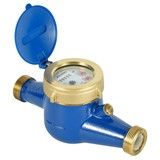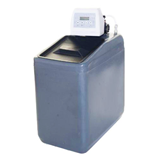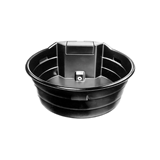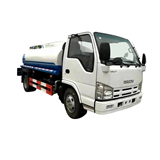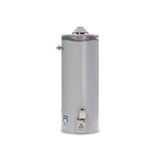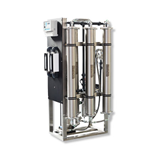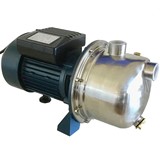In particular, the effect of bottled water on the environment is one concern that is currently fuelling community debate, and has captured the attention of bottled water manufacturers.
Bottled water has been one of the best performing beverages for the past decade, despite its status as a highly discretionary product. While sales are expected to decline in 2011-12, revenue for bottled water manufacturers is anticipated to trend upwards over the next five years. Health consciousness will be a major driver of this trend, as consumers choose bottled water over sugar-rich soft drinks. Yet rising consumer concern about the contribution of PET plastic bottles to landfill and unease over the carbon emissions generated by bottling water will continue to influence sales.
Bottled water manufacturers face criticism from various parts of the community over the environmental impact of bottled water, especially the landfill and littering of PET plastic bottles. The use of non-renewable petrochemicals in the production process and distribution of bottled water has also caused some disquiet. Initiatives like the Do Something! Go Tap campaign helped raise community awareness of the environmental consequences of bottled water and many communities are taking action. The University of Canberra successfully banned the sale of bottled water on campus this year, instead offering water vending machines in campus shops and cafes. Similarly, in 2009 the NSW Government ordered all government agencies and departments to cease providing their employees with bottled water, citing sustainability concerns as the reason for the decision.
The direct influence of these community decisions on revenue for bottled water manufacturers is expected to be marginal. However, the overall negative publicity stemming from such backlashes is anticipated to undermine the marketing efforts of bottled water manufacturers. Moreover, IBISWorld expects environmental criticism of bottled water will continue in the next few years, and this may persuade manufacturers to change packaging or marketing campaigns to compensate for negative publicity. Coca-Cola Amatil, the largest industry player, has been quick to respond to environmental criticism, investing $45 million in new blow-fill bottle technology. The company claims this technology will produce the lightest PET plastic bottles in Australia. The bottles will also contain 20% recycled material. Coca-Cola Amatil has also aimed to improve its environmental image through marketing campaigns that emphasise its bottled water is sourced from natural reservoirs and springs close to bottling facilities.
As consumers become more aware of the impact of consumption habits on the environment, manufacturers of bottled water are anticipated to improve their green credentials. Firms in the bottled water manufacturing industry are likely to boost investment into the development of carbon-neutral products, reduce packaging and manufacture bottles from renewable or natural sources.



